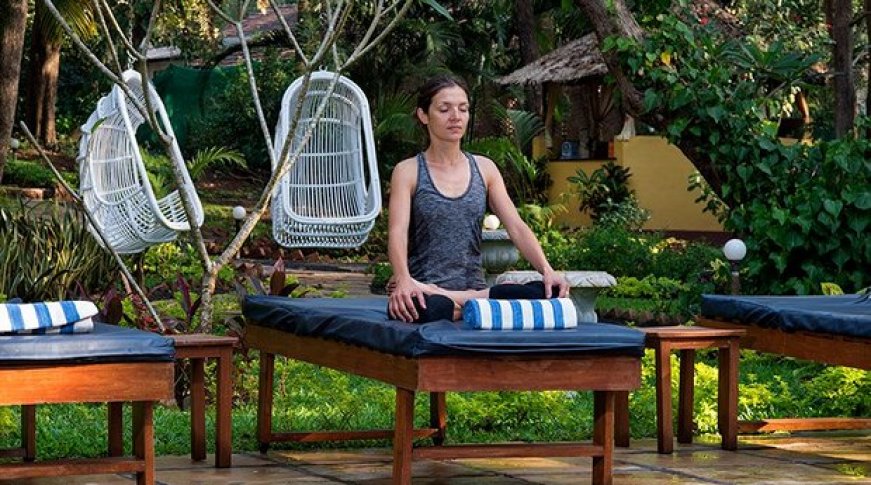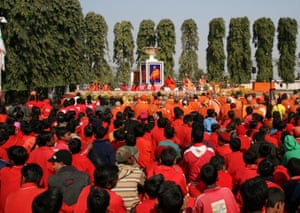
Though this list includes some of the best ashrams, retreats and shalas India has to offer, there are three notable omissions: BKS Iyengar’s school in Pune, Pattabhi Jois’s in Mysore, and the pan-Indian Sivananda Centre, excluded on account of their existing popularity and fame. They are highly recommended nonetheless. Several other places were vetoed on account of various scandals and disputes, and I have also excluded luxurious and obscenely priced retreats.
As with many things in India today, yoga doesn’t necessarily come cheap but all of these are very good value given the quality of teaching on offer. Be advised that customer service in India isn’t always the best, and some of the more traditional places might prove hard to contact. But be patient, persevere, switch to “Indian-time” and, if you must, see it as the first step in letting go of your ego.
One last thing: while yoga in the west focuses almost exclusively on the physical postures and sequences (asana), in India, particularly in traditional ashrams, asana is only one aspect of a wider whole. In this case one can expect a greater emphasis on meditation, breathing and cleansing techniques, along with devotional practices such as mantra chanting, tuition in philosophy, and karma yoga (community service).

At the sprawling Bihar School, yoga is a lifestyle not a practice, and karma yoga is given precedence over asana. So alongside classes expect hours of seva (service) – including gardening, kitchen work and toilet cleaning – supplemented by cold showers and a simple diet.
It may sound daunting, but comfort’s loss is authenticity’s gain, and former students attest to the life-altering qualities a stint in this ashram can give. Days begin at 4am, and end with twilight satsangs (discourses) or kirtans (mantra chanting) before lights out at 8pm. Many yoga styles are taught, including Hatha, Raja (mental discipline), Kriya (breathing, chanting and ritual gesture) and yoga therapy, as well as Yoga Nidra, a deep meditative technique lulling the mind into a state neither awake nor asleep, developed by the ashram’s founder Swami Satyananda Saraswati.
• Open to all (beginner to advanced), year round (though in May-July, temperatures can reach 45C). The four-month residential course in yogic studies starts every October, around £1,200 for international students including accommodation and all meals. biharyoga.net
Continue Reading....